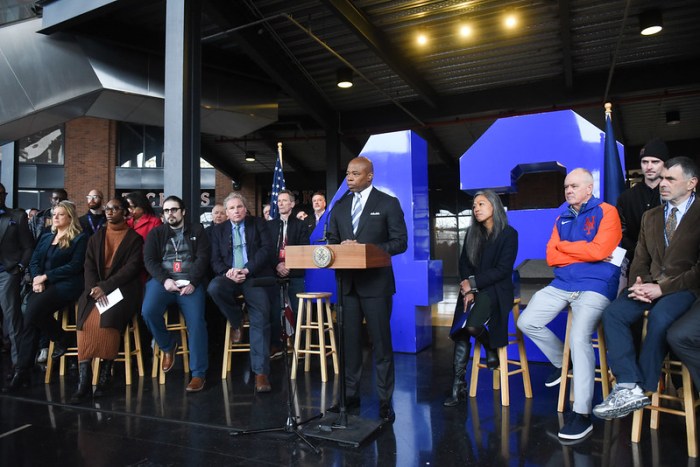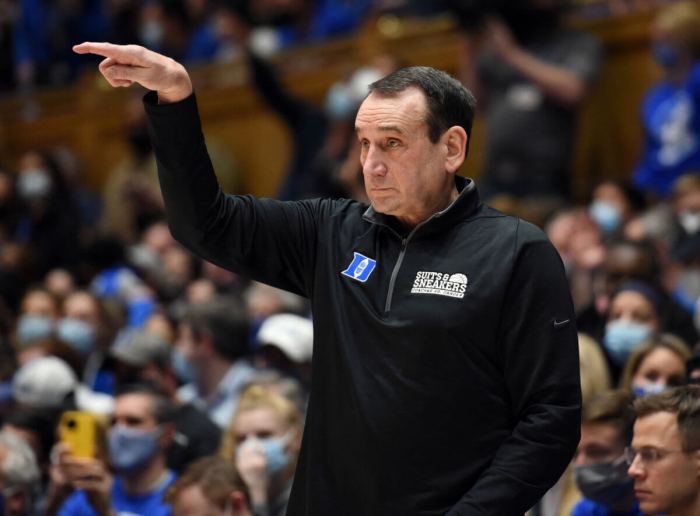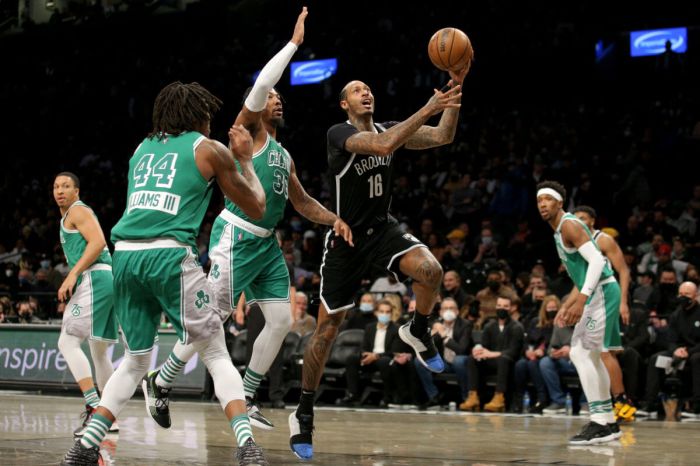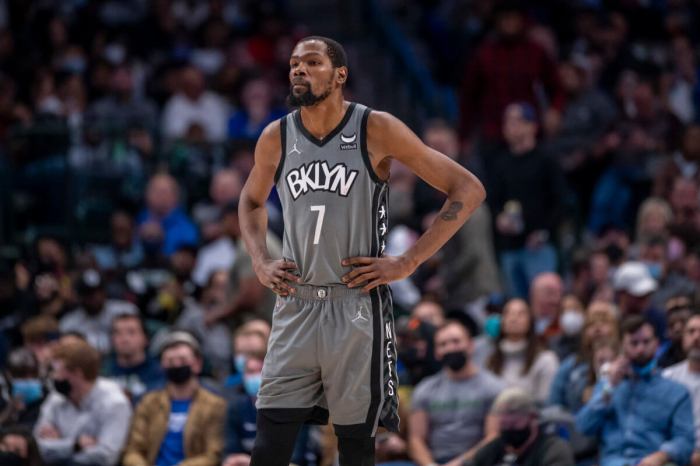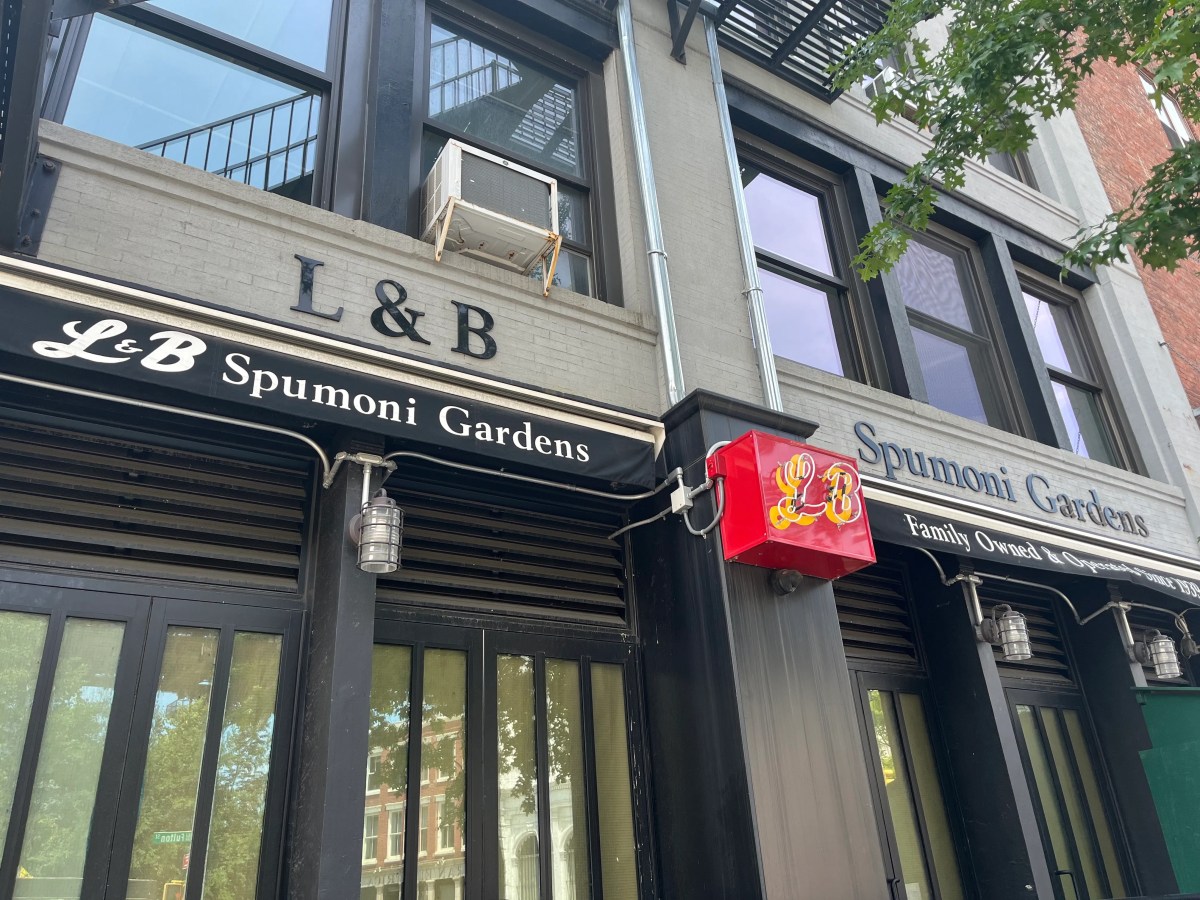BROOKLYN — Like so many others last month, the New York Liberty’s two newest stars were glued to their TVs watching the women’s NCAA basketball tournament. Breanna Stewart, one of women’s basketball’s biggest names, and Jonquel Jones were happy to see the women’s tournament draw so many eyes this year in what ended in a thrilling showdown between LSU and Iowa.
What the two didn’t love was the “us vs. them” narrative that developed over what women’s college basketball players were making through NIL deals and what players in the WNBA made by comparison.
“I think us as women, we’re not gonna fight and say ‘pay us, pay us’ and then because it’s happening on the collegiate level then we’re upset. If women are being paid we’re happy,” Jones said, sitting alongside Stewart at the espnW Summit in Brooklyn on Thursday. “We want that to happen and we want these NIL deals and these sponsors to then move along with the players when they come into the pros. And to continue to invest in women’s sports cause that is how we grow the game. When I sit there and I watch it, and I see all these players making their money, I’m happy for them.”
The success of the women’s college basketball tournament this year and the influx of money to college athletes through NIL deals has drawn more attention to the salary level of players in the WNBA by comparison. College basketball star Angel Reese said after LSU won the national title that she wasn’t in a rush to go pro and that she was making more than some of the players in the WNBA.
Neither Stewart nor Jones is naive to the economics of women’s basketball or the challenges the sport and its athletes face. Stewart has played an active role in trying to improve standards across the league for its players and the WNBA has attempted to raise player pay in the latest CBA.
“I think the biggest thing is, why are we fighting each other? For women’s sports, which receives less than five percent of media coverage, we shouldn’t be fighting over who gets this five percent,” Stewart said. “We should have 50 or 100 or whatever. We should continue to ask for more from media, from companies, from marketing perspectives. Where it’s like we continue to grow with one another and when you’re ready, you can come see us in the WNBA because we’re here and we’re waiting.
“And lastly, you don’t know how much money we make. You only see what you see.”
The WNBA will be looking to capitalize on the growing interest in women’s sports, particularly women’s college basketball. The NCAA Tournament saw record viewership, including an average 9.92 million viewers (peaking at 12.6 million) for the championship game.
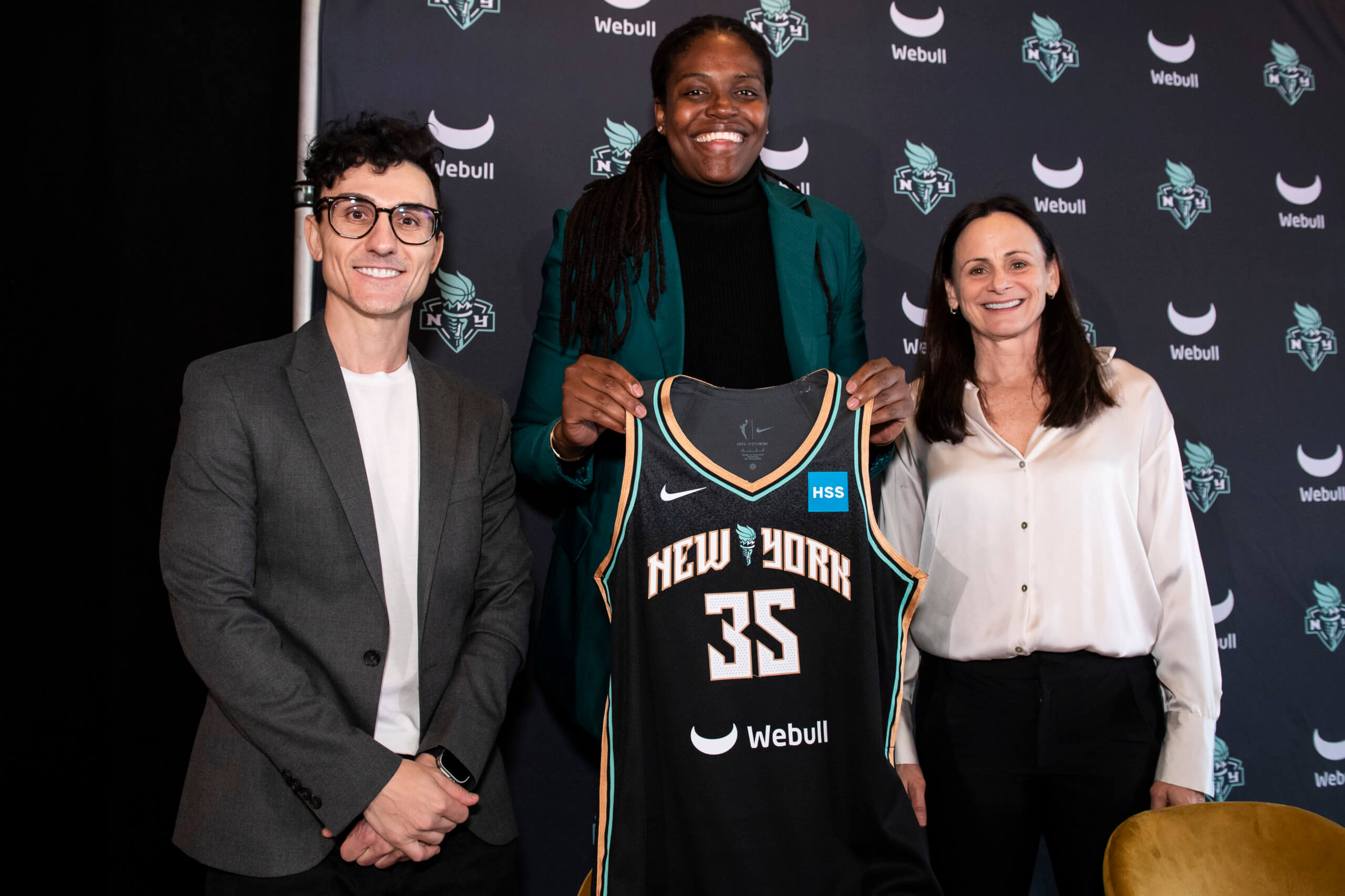
The WNBA has seen a growth of interest as well with the playoffs last season seeing a 22% increase in viewership over the year prior.
“The fans from college don’t need to only be college and the fans from the WNBA don’t only need to fans from WNBA. We’re playing basketball, so we need fans from basketball to come watch basketball,” Stewart said.
Stewart’s arrival in New York is sure to help grow the interest in the league the Liberty in the Big Apple. New York’s professional women’s basketball team has formed what many have dubbed a super team by bringing in Stewart, Jones and Courtney Vandersloot.
The Liberty already had rising WNBA star Sabrina Ionescu on the roster.
Vandersloot had been scheduled to be part of Thursday’s panel on the Liberty’s new super team, but had to miss the event because she was in concussion protocol. New York is one of several super teams now in the league with Las Vegas being another out west.
Jones had speccifically requested a trade to the Liberty. Part of the appeal to Jones, was how much the ownership group cared about his organization.
“It goes into people just being willing to invest in women’s sports,” Jones said. “Nobody wants to play for someone who doesn’t see the vision. When you have owners that see the vision are willing to invest and really put their money where their mouth is when it comes to women’s sports, it’s a big deal.”



